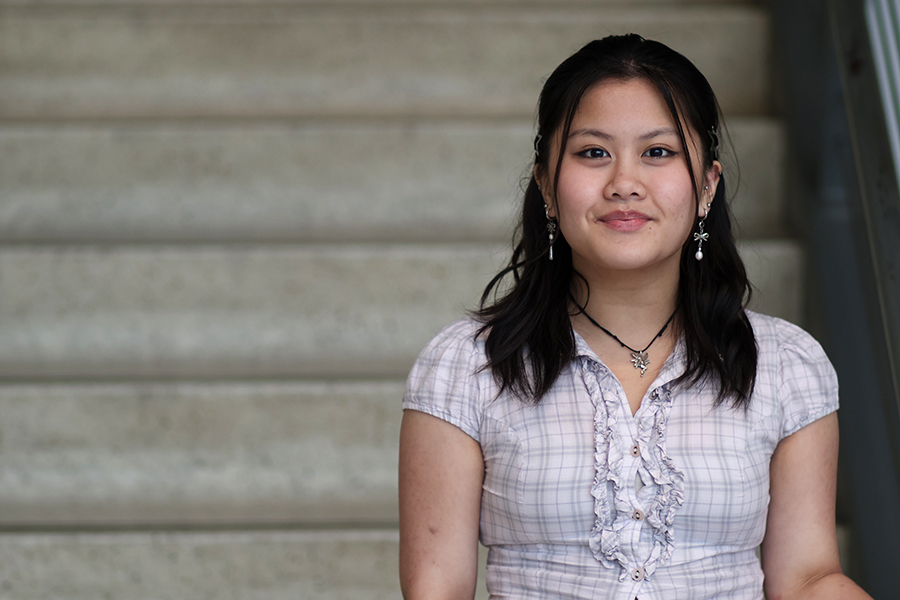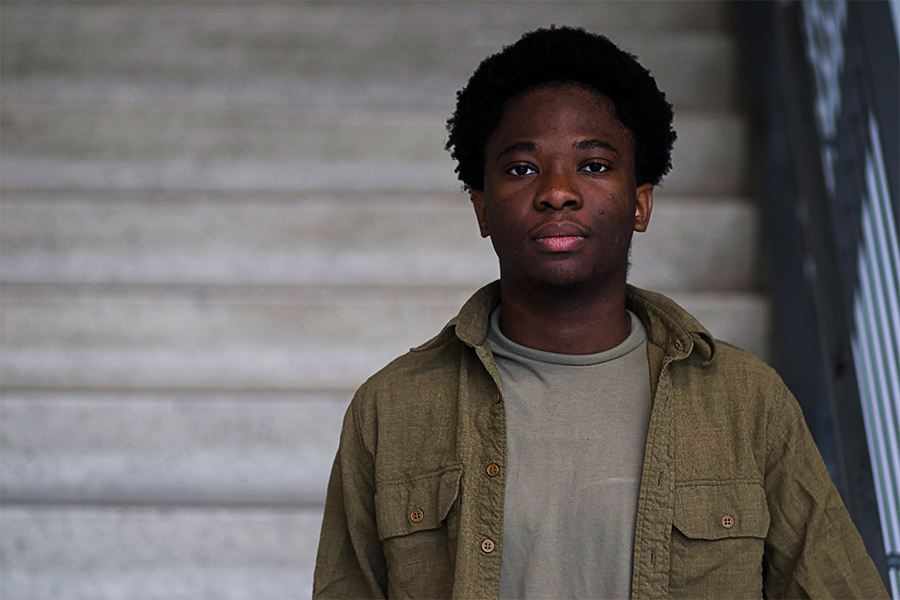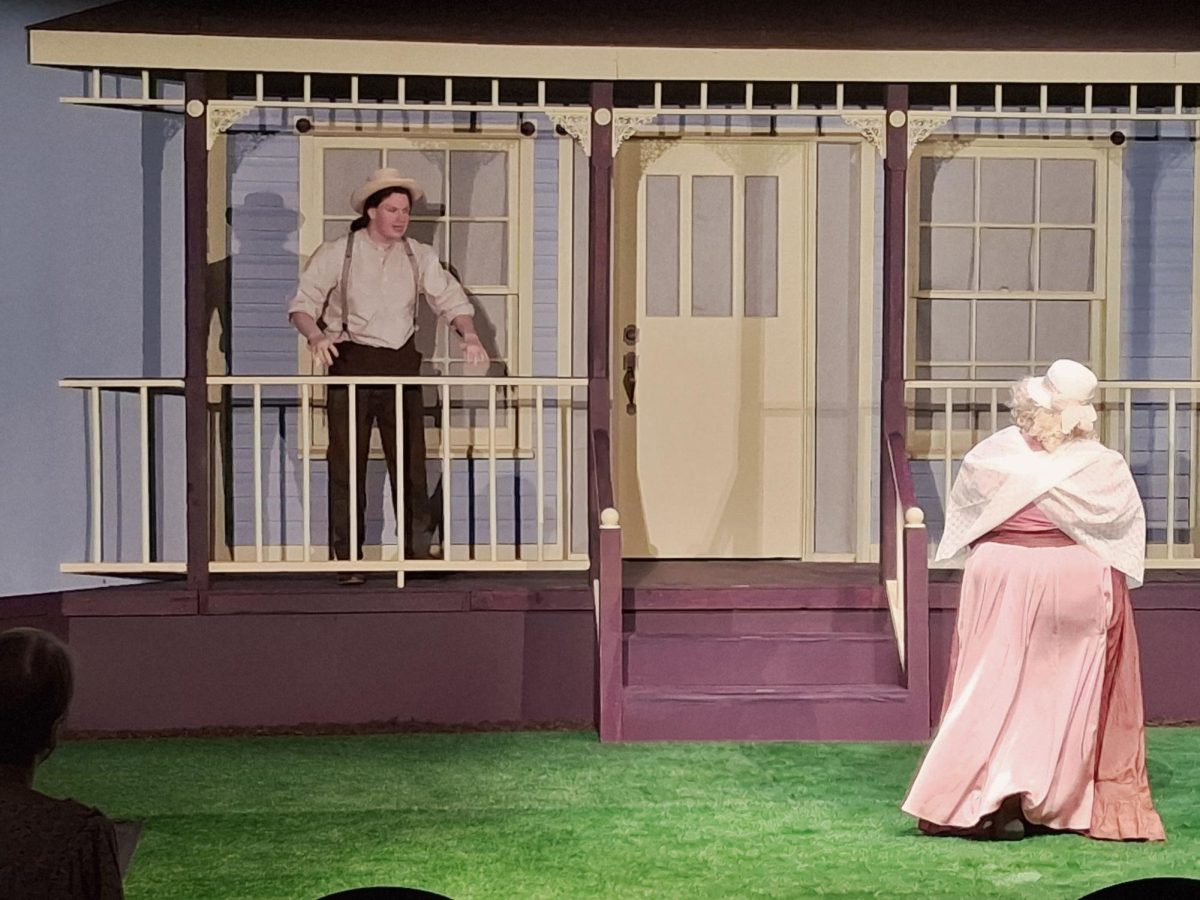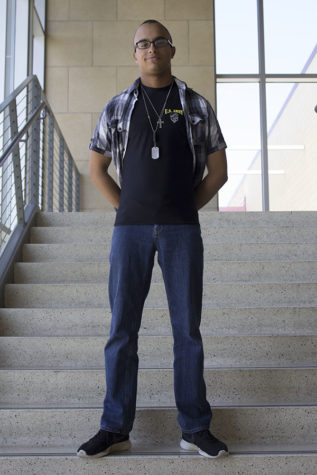Senior Kennedy Gordon goes to school with her head filled with anxious thoughts because she didn’t study for a test. She stresses about this one singular thought so much that she is distracted in her classes. Then when lunch rolls around, one of her friends tell her about a club that can help her with her worries, so she decides to go and see if this group can actually help with her anxiety.
“I was feeling overwhelmed with school so when a friend told me about this group that can help me with my stress, I decided to go,” Gordon said. “Ever since then I feel like I can handle more stressful situations better than I used to handle them.”
Social worker Chelsea Davis has come up with an idea on how to combat students’ worries. This de-stress group meets every B block on Thursdays in room E208 to discuss events in members’ lives that can trigger problems.
“I work for Communities in Schools and one of their initiatives was they wanted us to do more services for the whole school,” Davis said. “I combined the need I see in students [with] the initiatives that [Communities in Schools] wants. [I decided] to create a de-stress group for students who need someone to help them with their stress.”
The de-stress group helps students with their individual needs and helps them find ways to deal with their own problems on their own time.
“For all of the students that I work with at the beginning of the year, I have them do a self-assessment where they identify areas of life they’re stressed about,” Davis said. “Almost every student I’ve met with has said they had/have some form of stress and anxiety.”
Stress can cause harm to students if mistreated or exceeded past its limit. However, it can also be helpful. Because of the stress, a student’s brain will try to find ways to fix problems or situations.
“This is a much-needed group for students who feel stress about anything happening in their everyday lives,” senior Kennedy Gordon said. “They can walk in and simply talk to Mrs. Davis, who will actually take the time to sit down and listen to what they have to say and offer good feedback.”
The only issue with the program is lack of participation from the student body. Few know this club exists, so Davis tries to spread the word of her club and what it can offer to the students’ individual needs in an attempt to gain more student participation.
“I go to the club occasionally when I feel stressed out or just when I want to talk to Mrs. Davis,” senior Jeannelly Delgado said. “I also go when I want to have a quiet drama-free space to just relax and unwind from a bad day. I try to encourage my friends to go and give the club a shot when they feel stress or simply have a bad day.”
Students are apprehensive to talk about what is bothering them and keep silent, but when students eventually open up and talk about their problems they find the de-stress program can be helpful.
“I want students to understand where stress comes from in their brains and understand it is a natural mental response,” Davis said. “That stress is something we do have a little control over. The more we understand it, the more we can address it. Sometimes stress keeps you safe and alive. That is what stress is meant to do so that you can take action to better yourself.”

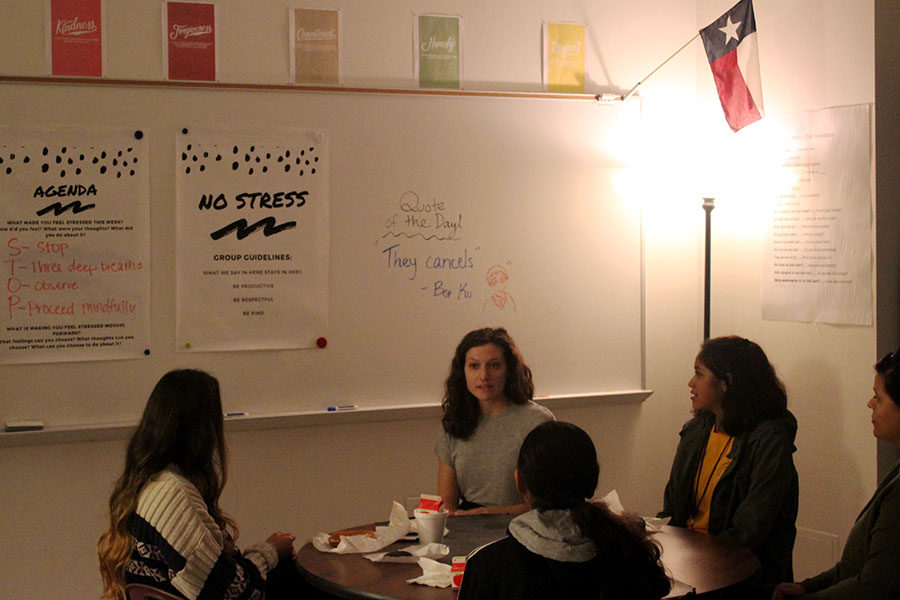
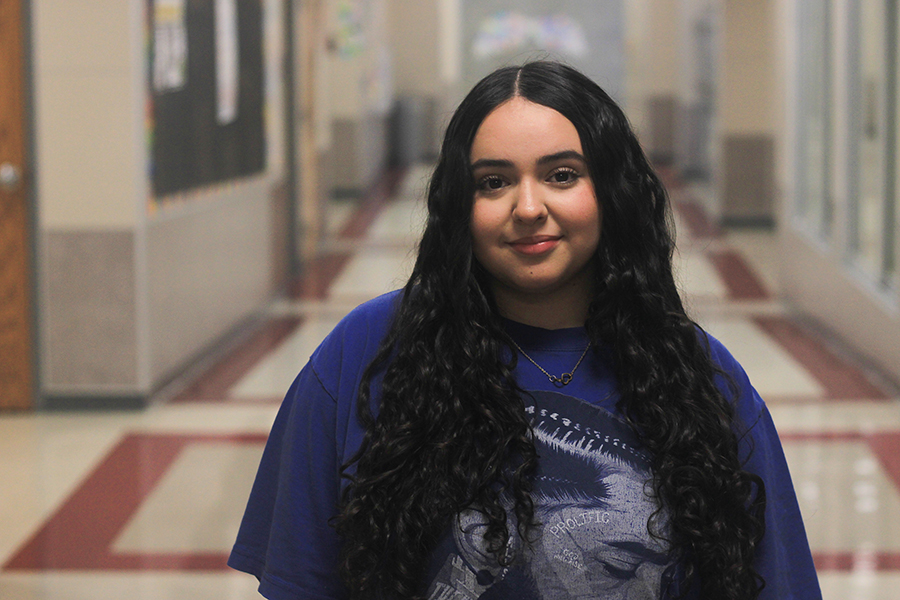
!["I hope to become fond [of] and understand the new dynamic of a life where I don't really have boundaries set by another person, but rather more of a liberal freedom."](https://farhar.net/wp-content/uploads/2025/05/topten9.jpg)
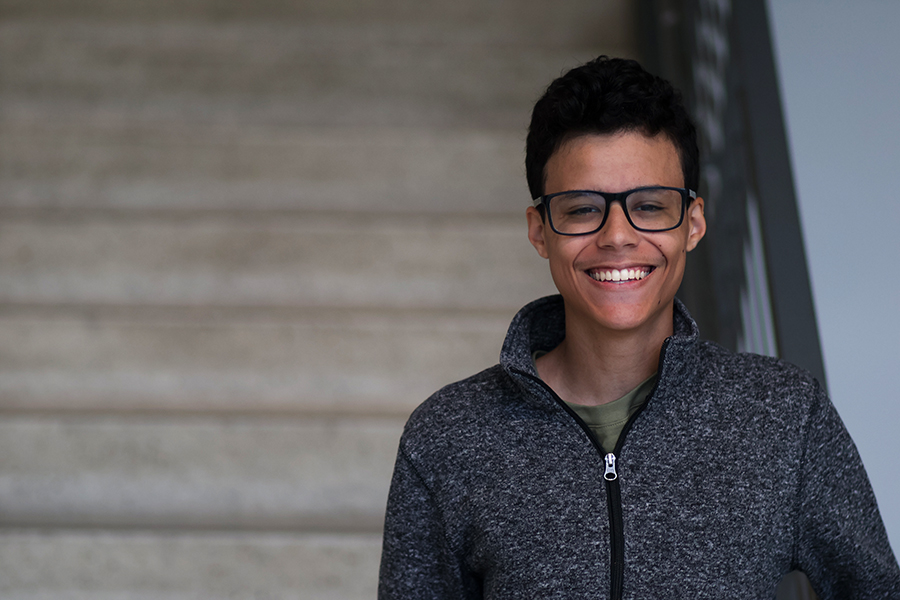
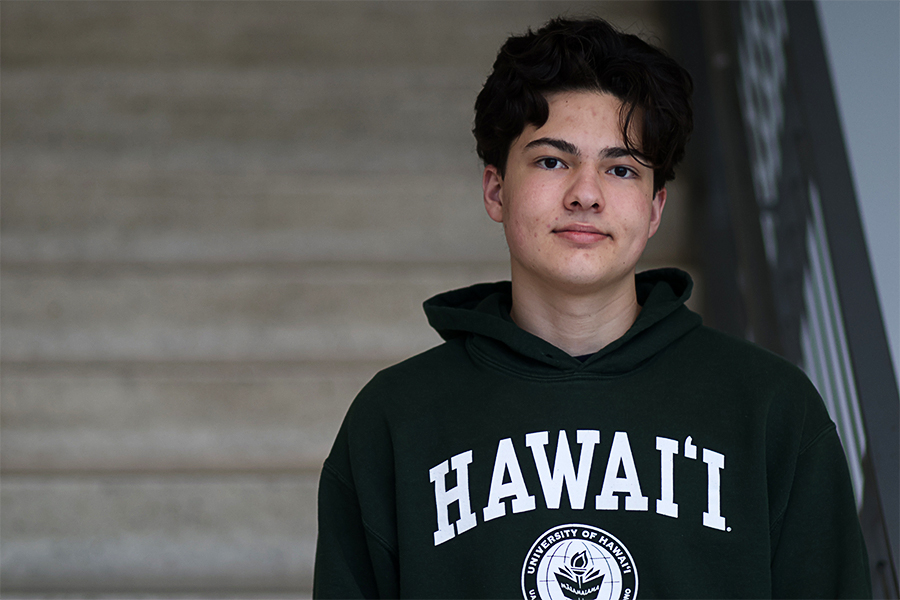




!["Learning is a really important aspect of high school – that's why we're here. I think the whole top ten thing can also encourage somebody [to] focus on grades and not the actual learning."](https://farhar.net/wp-content/uploads/2025/05/topten6.jpg)
